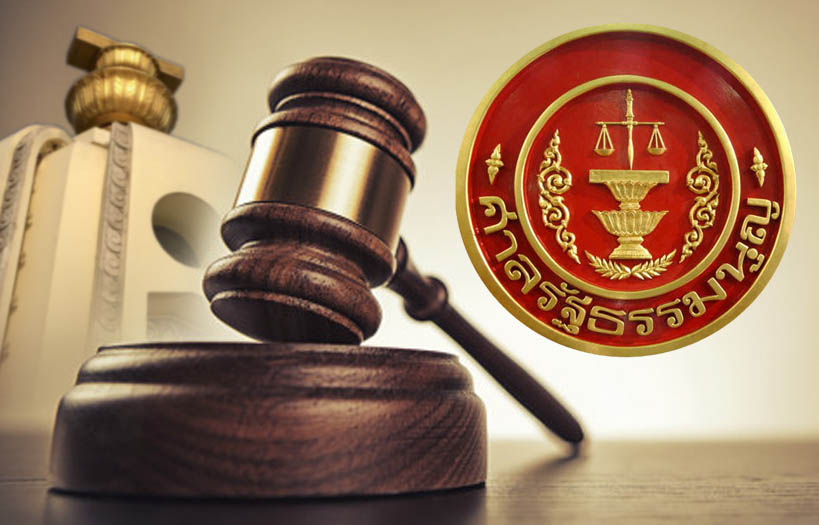Principles for listening to evidence in court
Keywords:
court, witness, evidenceAbstract
This research, the objective is to study the principles of listening to evidence in criminal cases in court (trial level), which will study only the principles of listening to witnesses in criminal cases at the trial level. According to the Criminal Procedure Code, Section 226 only.
The results from this study found that the hearing of witnesses in court The criteria for listening to evidence in court is that the judge or court must use discretion in accordance with the Criminal Procedure Code as the main basis for listening to witnesses in criminal cases and in criminal cases, it is about actions that are defined as offenses by law. There are therefore two issues in the case: legal principles whether the defendant is guilty, or innocent is a fixed issue, there is no other way, and the principle of fact is that.
(1) Principles of law, in considering the criteria for hearing evidence in criminal cases in court the legal matter (consideration level) may be divided into 2 parts: The first part is the general principle in hearing evidence, namely, it must be evidence that is likely to prove the defendant's guilt or innocence. It is divided into 2 parts: evidence which Guilty or innocent, the defendant directly and the second part is an exception to the first part, prohibited from being heard because it was obtained illegally or not voluntarily.
(2) Principles of fact Criteria for listening to witnesses in court (Hearing) the hearing of the case is the principle is that fact. The main problems regarding the use of the court's discretion according to the nature of the case are freedom and equality. The principle of proximity to naturally occurring events and facts. Principles of logic or principles of cause-and-effect Natural principles or phenomena that occur naturally must be combined with the witness himself, namely:
1) Have the ability to be a witness Able to understand and answer questions.
2) Having the characteristics of being close to the facts of the witness one who has seen, heard, or known messages regarding matters to be testified come directly in person.
3) Have the ability to convey facts from exposure to events that have occurred and be able to remember and convey those events.
References
Charoenboon, K. (2006). Guide of disciplinary investigation, National Police Act B. C. 2547. 21 Century. [In Thai]
Jintasatean, C. (2010). The exception of exclusionary rule on improperly obtained evidence under section 226/1 of Thai criminal procedure code. Master’s Thesis of Law, Thammasat University. [In Thai]
ชีพ จุลมนต์. (2556). ความเป็นกลางและความเป็นอิสระในการพิจารณาพิพากษาคดีภายใต้. หลักนิติธรรม. เอกสารวิชาการส่วนบุคคล.
ธานิศ เกศวพิทักษ์. (2558). คำอธิบายประมวลกฎหมายวิธีพิจารณาความอาญา เล่ม 2 ภาค 3-4. กรุงเทพฯ: บริษัท กรุงสยามพับลิชชิ่ง จำกัด.
วิภา ปิ่นวีระ. (2551). บทบาทของศาลในการพิจารณาคดีอาญา. วิทยานิพนธ์นิติศาสตรมหาบัณฑิต คณะนิติศาสตร์ มหาวิทยาลัยธรรมศาสตร์.
ศิริพล กุศลศิลป์วุฒิ. (2550). “กฎหมายว่าด้วยคำรับสารภาพ: บทนำและความสำคัญของ คำรับสารภาพ”. บทบัณฑิตย์เล่มที่ 63 ตอนที่ 1.
อรรถพล ใหญ่สว่าง. (2560). คำอธิบายวิชาสัมนากฎหมายวิธีพิจารณาความอาญา. กรุงเทพฯ: สำนักอบรม กฎหมายแห่งเนติบัณฑิตยสภา

Downloads
Published
How to Cite
Issue
Section
License

This work is licensed under a Creative Commons Attribution-NonCommercial-NoDerivatives 4.0 International License.





